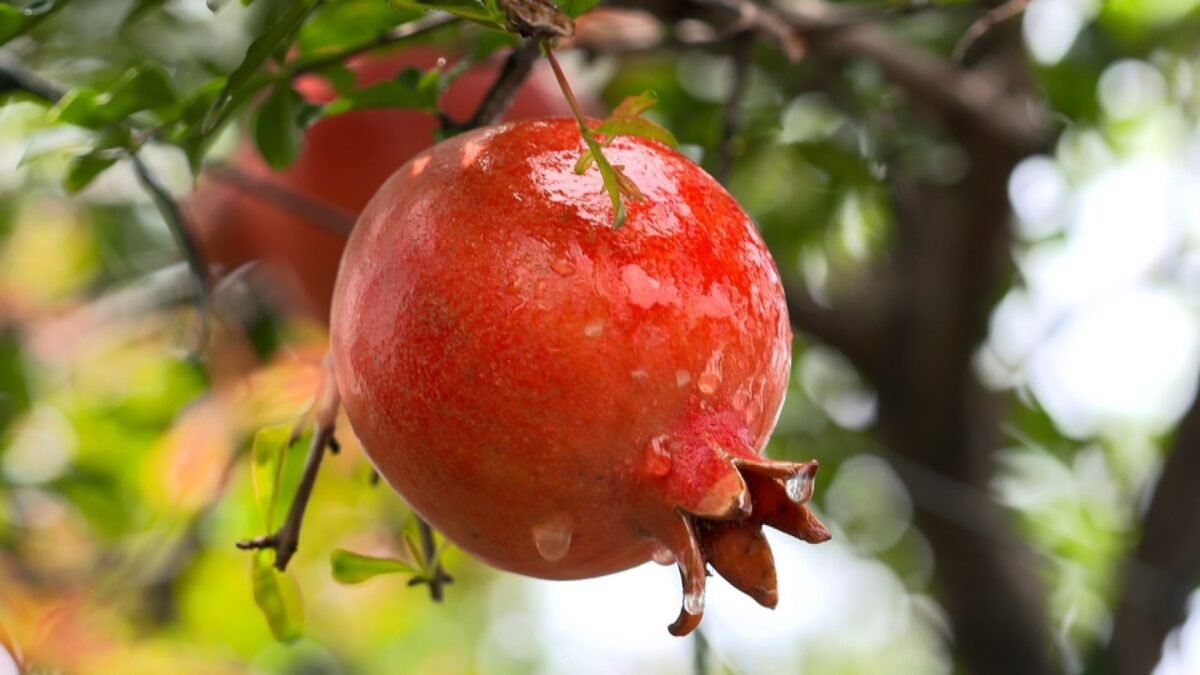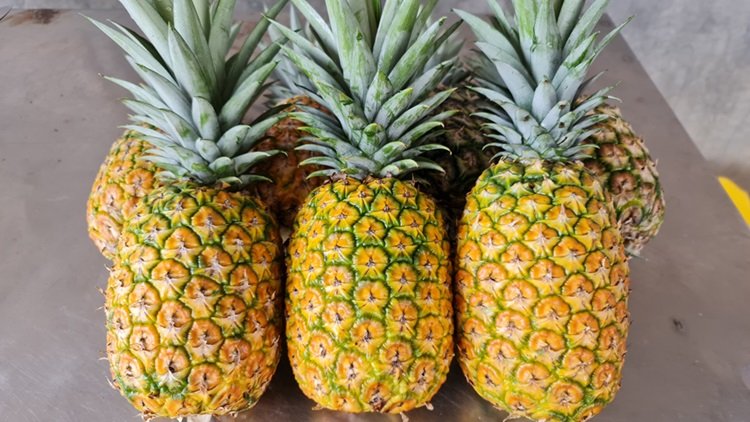APEDA facilitates first-ever sea shipments of Indian Pomegranates to Australia
AgroStar and Kay Bee Exports successfully completed India’s first-ever commercial trial shipments of 5.7 metric tons (MT) Sangola and Bhagwa pomegranates sourced from the Solapur region of Maharashtra.
In a significant milestone for India’s agricultural exports, the Agricultural and Processed Food Products Export Development Authority (APEDA) in collaboration with AgroStar and Kay Bee Exports successfully completed India’s first-ever commercial trial shipments of premium Sangola and Bhagwa pomegranates respectively to Australia via sea. This marks a major breakthrough in expanding market access for Indian fresh produce.
The first-ever sea-freight shipment departed from India on December 6, 2024 and arrived in Sydney on January 13, 2025 with 5.7 metric tons (MT) of pomegranates sourced from the Solapur region of Maharashtra, packed into 1,900 boxes, each containing 3 kg of premium fruit. Another commercial sea shipment carrying 1,872 boxes (6.56 tons) of Bhagwa variety arrived in Brisbane, Australia, on January 6, 2025. The use of bulk sea shipment ensured competitive pricing, benefiting farmers and creating sustainable trade opportunities. Both shipments were integrated into ANARNET, India’s traceability system, ensuring transparency and building consumer confidence in international markets. This successful export not only underscores India’s capabilities in meeting global quality standards but also provides a significant boost to Indian farmers by opening up new revenue streams.
Upon arrival, the pomegranates received an overwhelmingly positive response in Sydney, Brisbane and Melbourne. The strong demand has already led to immediate requests for additional shipments, showcasing the growing potential for a profitable and sustainable trade relationship between India and Australia. The shipment’s timing was strategically aligned with Australia’s non-producing season, maximizing market opportunities for Indian exporters.
Abhishek Dev, Chairman APEDA, emphasised “India’s agricultural export landscape is growing at an unprecedented pace, with fresh fruit exports surging by 29% year-on-year. Pomegranates alone have seen a 20 per cent growth, demonstrating the immense potential of this segment. The successful shipments of premium pomegranates to Australia marks India’s ability to supply high-quality fresh produce to discerning international markets. Through advanced traceability systems like ANARNET, we ensure that Indian agricultural products meet the highest global standards, enhancing consumer trust worldwide.”
Abhishek Dev also emphasized APEDA’s role in securing and facilitating market access for Indian farmers, stating, “We are committed to supporting Indian farmers and agri-entrepreneurs by expanding into new and emerging markets. This success story paves the way for further collaborations and increased export volumes in the future.”
With the next export season beginning in September, AgroStar’s INI Farms, Kay Bee Exports and other key players are poised to build on this success, ensuring a steady supply of Indian pomegranates to Australia. This development reaffirms India’s position as a global leader in agricultural exports and strengthens bilateral trade ties with Australia.
AgroStar and Kay Bee Exports successfully completed










